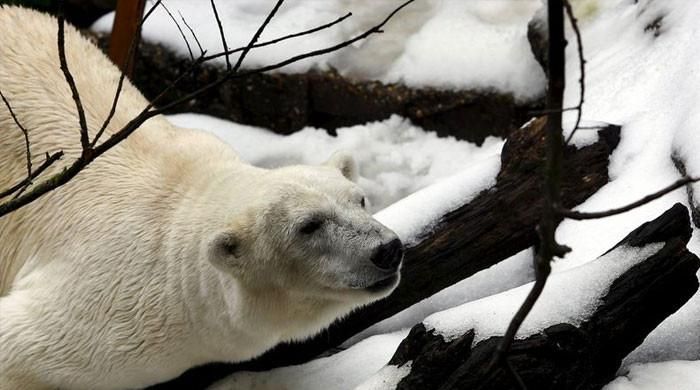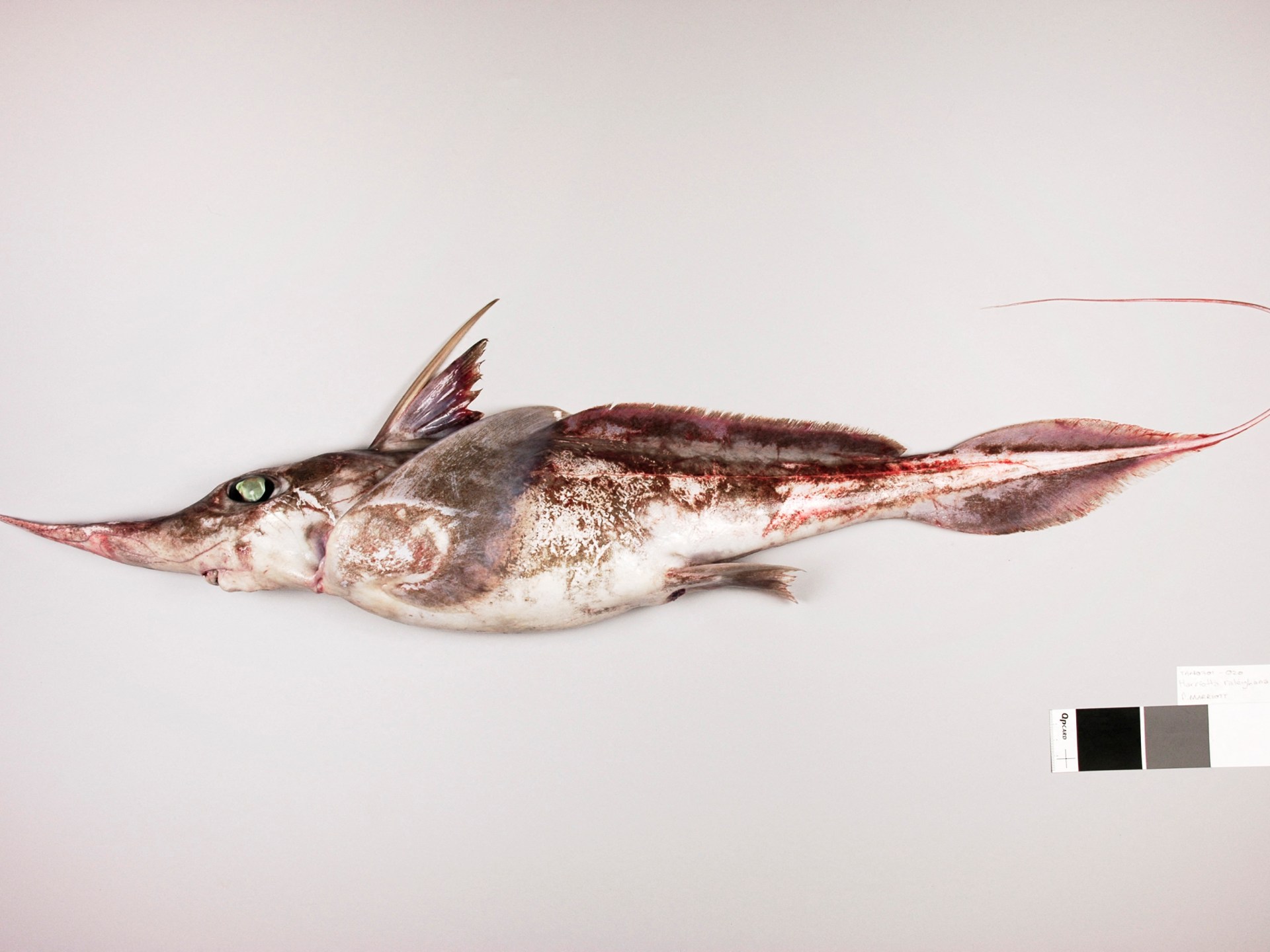The goal of the day is to shed light on the impact of sea ice loss and global warming on polar bear populations.
International Polar Bear Day, celebrated annually on February 27, plays an important role in raising awareness of the critical challenges polar bears face due to climate change. Reuters reported.
Created by Polar Bears International in 1994, the day aims to shed light on the impact of sea ice loss and global warming on polar bear populations, emphasizing the urgency of action to save these extraordinary species.
With climate change posing a serious threat to the future of polar bears, the day serves as a vital reminder of the issues at play, particularly as their frozen home in the Arctic Ocean melts.
Classified as aquatic mammals, polar bears rely on sea ice to hunt and reproduce, making the disappearance of this crucial habitat a direct threat to their survival.
The history of International Polar Bear Day dates back to the early 2000s, when polar bear populations began to decline due to the alarming rate of melting sea ice in the Arctic.
The day was established to mobilize public awareness and encourage action to protect polar bears and their habitats. Since its inception in 2011, International Polar Bear Day has become a global event uniting people, organizations and governments in a shared mission to highlight the importance of polar bear conservation.
The importance of this day lies in its call to action against climate change, urging people and institutions to address the challenges facing polar bears, including habitat loss, declining food sources, and increasing conflicts between humans and wildlife.
It serves as a poignant reminder of the interconnectedness of human behavior, climate change, and the well-being of ecosystems and species, emphasizing the need for collaborative efforts to address environmental issues and safeguard Earth's biodiversity for future generations.












